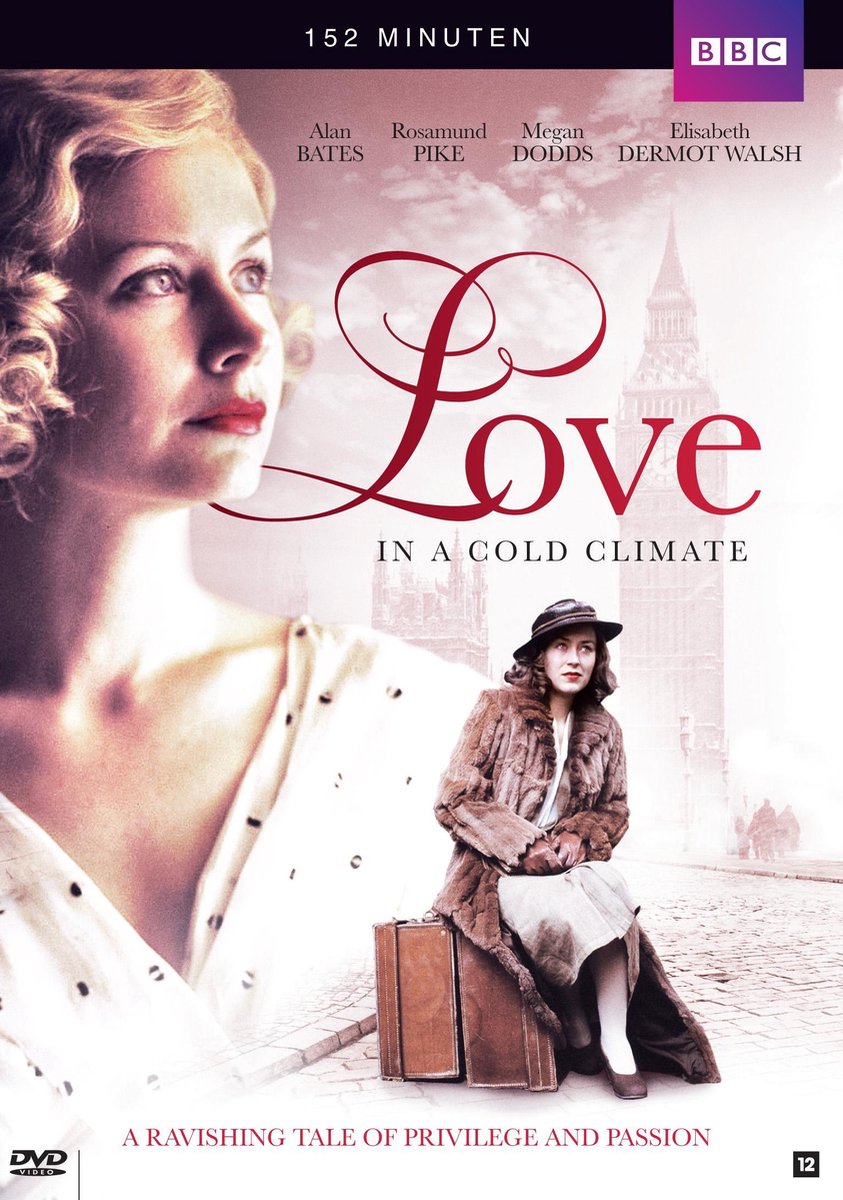
Undoubtedly this will stretch company balance sheet, pressure liquidity and create anxiety with lenders. Understanding the impact on a company’s product pricing, demand forecasting and cost structure will be critical. Recent cost inflation, currency volatility and interest rate rises will conspire to undermine economic recovery. The challenging environment for deal making just became harder. Management forecasts have become more tentative and less easy to buy into as historical budget accuracy is at best hit and miss. Commercial due diligence seems to have lost some of its authority as market growth forecasts became undermined by external events. The Covid pandemic has utterly dislocated historical context so at best we are relying on an extrapolation the trajectory of the business from the 2017-19 period. Some have suffered supply chain issues, whilst others have sufficient inventory or alternative supply routes to mitigate the effects.īusiness plans have also been hard to underwrite. Some have had pricing power sufficient to pass through cost inflation, whilst others have not. Some companies have been beneficiaries from a Covid demand rebound, whilst others have lagged. Together with our private equity peers, we have had to assess businesses from just a few months’ trading track record since the Covid pandemic. Looking back so far in 2022, at Aurelius the activity level of our dealmaking - with eight new platform investments already signed - has been unprecedented… not least as each deal has presented its own unique challenges. Were a novel to see weather as its backdrop, the conditions would be cold, wet and inclement. Were a novelist to write about 2022, they might well characterise the market conditions as hostile, difficult or febrile.

Whereas sunshine and heat are the stars of LP Hartley’s Go Between and F Scott Fitzgerald’s Great Gatsby. Climate is regularly used as a literary device by novelists - it is no surprise that the weather in George Orwell’s 1984 is chilly and the sky grey and that Charles Dickens’ London is foggy.


In both instances, the “cold climate” was referring to the weather.


 0 kommentar(er)
0 kommentar(er)
